Digital fatigue: the biggest hurdle AR has to overcome
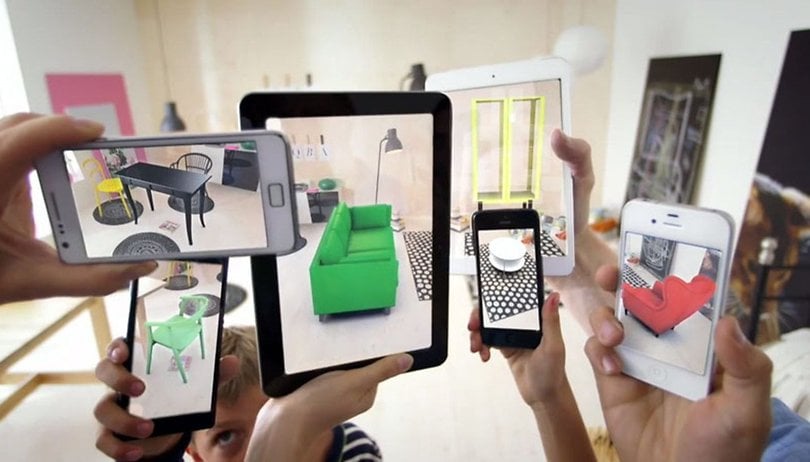

Augmented reality is most often associated with games like Pokemon GO, which have cemented it in popular consciousness. Although AR is now finding applications in multiple other industries and major tech figures like Tim Cook are more than enthusiastic about its future, the technology has not matured. It can go in many directions, but there are hurdles to overcome. Chief among them, but rarely mentioned, is digital fatigue.
Ten years ago, it was smartphones that found their way into our daily lives and revolutionized them. Whether that change has been for the better is a debate that's still raging. We're often reading about the toxic effects of social media on our self-esteem or how phones have destroyed our attention spans with their non-stop flow of information. Tech companies, on the other hand, are spouting buzzwords like digital wellbeing, in an effort to curb the backlash.
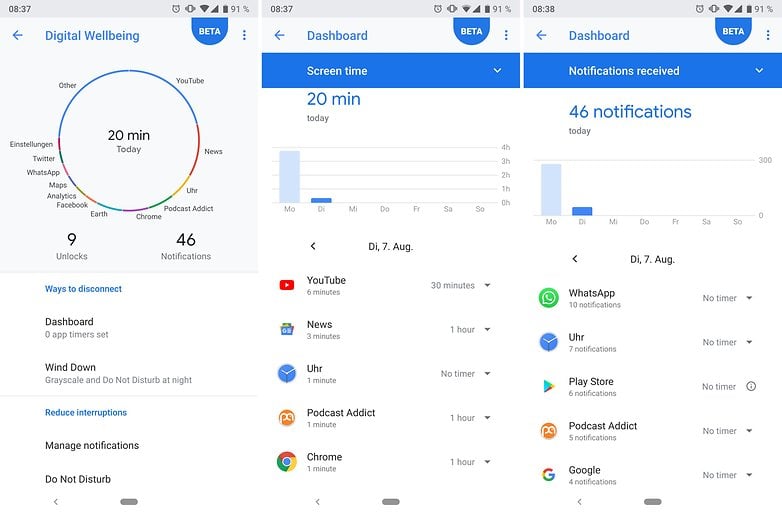
How does this relate to augmented reality? First of all, most AR is currently available through phone apps. More importantly, however, AR has the potential to become an essential part of people's daily lives, just like smartphones. The global market for it is projected to grow to over $133 billion by 2021. Big names in the tech industry, such as Tim Cook, are also predicting that augmented reality could be indispensable in the future. It definitely has immense potential to transform, in the literal and figurative sense. Yet, when does it all become too much? Let's see what the future could hold.
Present and near future
We are already barraged by notifications daily and work emails during holidays. Many feel forced to be always online in fear of missing out on opportunities, social connections and so on. Adding an additional layer of reality, which is full of information (which is a common current use of AR) sounds great on paper, but after a while it becomes harder to retain useful information among the noise.
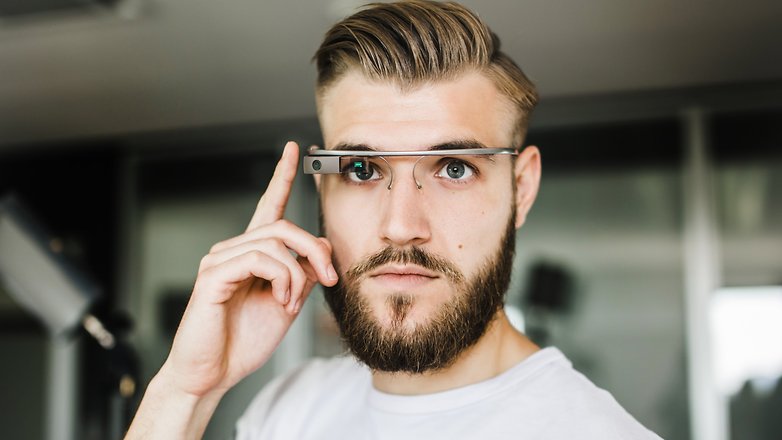
Multiple studies have already found a correlation between between smartphone use and absent-mindedness. Other research also claims that too much stimuli and constant multitasking can negatively affect cognitive functions. This is why digital fatigue becomes an even bigger concern when we take AR glasses into account. While Google Glass might have been unappreciated in its time, it is not out of the question that another iteration can make a successful return on the consumer market. But it is just another screen vying for your attention - causing not only eye strain, but distracting you.
Distant future
People are already complaining, ironically on social media, when their friends, relatives or children are glued to their screens and not paying attention to anything else. What will happen if AR glasses become as mainstream as smartphones? Millions will be walking around with their vision partially obstructed. Not only will in-person social interactions deteriorate, but it could lead to further alienation - everyone living in their own bubble. This in turn, could result in mental health problems - after all, we are social animals by nature and require connections (real, not virtual ones) to function.
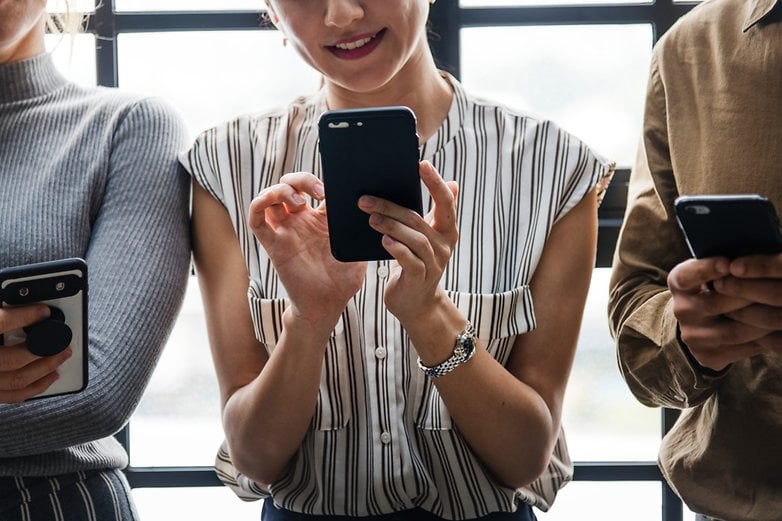
Don't think augmented reality will remain ad free in the near or distant future either. The Internet hasn't and neither have smartphones. Imagine being bombarded not only with physical, but AR ads while walking down the street. In my mind, that is a complete nightmare.
And although we might be going into Black Mirror territory here, it's not out of the question to have lens implants with AR capabilities at some point in the future - making it impossible to escape annoying content or even blurring the lines between real and virtual. It would go beyond digital fatigue. This short film by Keiichi Matsuda illustrates what such a future would look like perfectly:
Colorful and fun in the first couple of seconds, but overwhelming and garish not long after. It may well be what AR turns into in the future, unless both the tech industry and consumers address how technology is affecting our mental health and what can be done to avoid further negative effects and nightmarish scenarios like the one in HYPER-REALITY.
What do you think? Do you think wider adoption of AR will lead to digital fatigue? Is the augmented reality future you imagine brighter? Let us know in the comments.
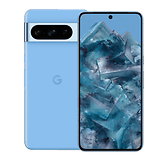

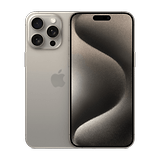




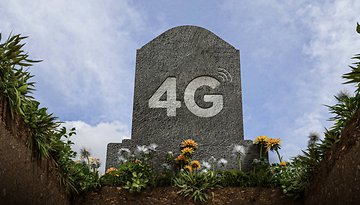
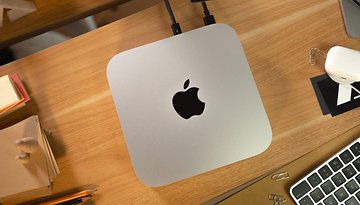
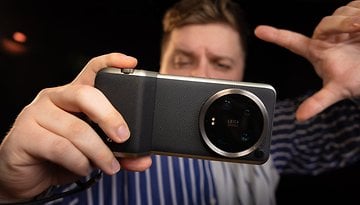

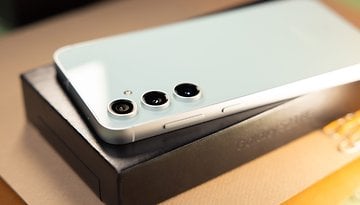

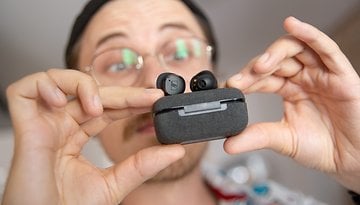
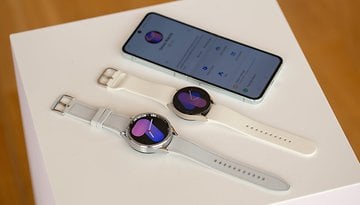
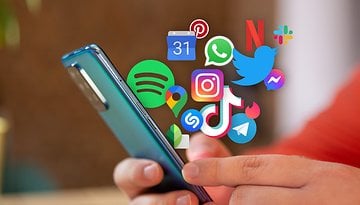
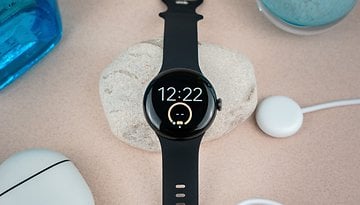
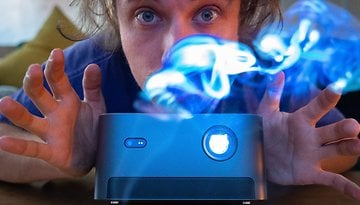
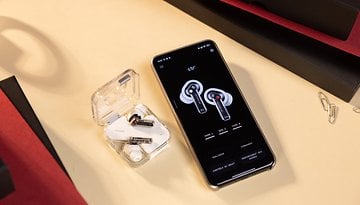


I already think tech is getting way to intrusive in our lives. We as a society are getting to dependent on it and it could be our downfall. I think everyone should totally disconnect once in a while. I love getting out in nature and turning all devices off for the weekend. Looking at nature during the day, the campfire and stars at night.